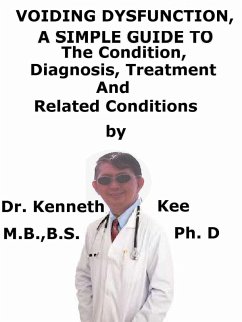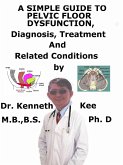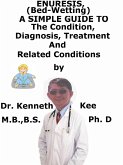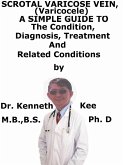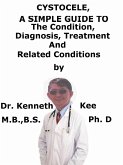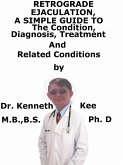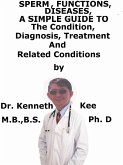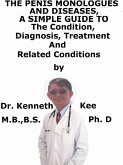Voiding Dysfunction disorders are diseases which cause problems in the function of urination.
Types of Voiding Dysfunction are:
1.Overactive bladder (Uninhibited detrusor contractions)
2.Dysfunctional Voiding (Dysfunction of the pelvic floor musculature)
3.Under-active Bladder (Decreased force of detrusor contractions)
Causes:
1. Behavioral disorders or poor habits
2.Congenital urinary disorders
3.Genetic diseases that affect the urinary tract (Ochoa syndrome, Williams syndrome)
4.Acquired problems of the urinary tract (such as those caused by tumors or trauma)
5.Central nervous system diseases that affect the urinary tract (such as cerebral palsy, epilepsy, multiple sclerosis, other abnormalities of the brain or spinal cord that affects the nerves that control bladder or urinary sphincter function)
6.Endocrine or kidney diseases that affect the urinary tract (diabetes, chronic kidney disease)
7. Infections or irritations that affect the urinary tract (such as urinary tract infections, urethritis, pinworms, foreign body)
Other causes can be:
1.Stress incontinence (the involuntary loss of urine during actions such as coughing or sneezing),
2.Giggle incontinence, and
3.Delayed nighttime bladder control.
4.Urge Incontinence
5.Tumors and trauma
No one knows what causes voiding dysfunction, but the disorder can affect children physically, socially and psychologically.
Left untreated, some types of voiding dysfunction can produce vesicoureteral reflux (VUR) and long term kidney damage.
Possible behavioral causes for voiding dysfunctions are:
1.Not going to the bathroom often enough
2.Rushing in and out of the bathroom too quickly
3.Not emptying the bladder completely
4.Ineffective voiding positions, such as little girls' failure to spread their legs widely
5.Constipation
6.Past experience with painful urination
7.Psychological or emotional stress
8.Attention deficit disorder
Symptoms
1. Bedwetting
2. Daytime wetting
Urine loss is mild, indicated by a slight wetting of underwear.
Together with urinary accidents during the day or night and recurrent urinary tract infections, children with voiding dysfunctions may have other symptoms, such as:
1.Constipation and fecal soiling
2.Painful urination
3.Blood in the urine
4.Slow, straining or dribbling urination, intermittent urine flow and straining at urination
5.A frequent (or infrequent) urge to urinate instantly
6.Pain in the back, lower side or abdomen
7.An urgent, severe urge to urinate with inability to hold
8.Problems with voiding can be linked to children's anatomy, physiology or bathroom habits.
9.Incontinence (urine leakage) during the day and night - often is the first sign observed by parents
10.Returning urinary tract infections
11.Infrequent urination or three or fewer urinations in a 24-hour period
Diagnosis
1.Urinalysis:
2.Kidney and Bladder Ultrasound
3.Uroflow EMG
4.Urodynamic testing
5.Voiding Cystourethrogram
Treatment
Diagnosis and treatment for voiding dysfunction relieves a problem for many families.
Low self-esteem and emotional stress often affect children who cannot hold their urine.
Children can improve voiding by:
1.Scheduling a time to urine (every hour or two) regardless of urge
2.Avoiding dietary irritants
3.Taking more time in the bathroom
4.Altering their position during voiding
5.Emptying the bladder twice to make sure it voids totally
6.Eating a high fiber diet
7.Increasing water consumption
8.Drinking fluids well before bedtime
These behavioral changes may be supported by medicines, physical therapy
Surgery also can help to reduce the pressure inside the bladder
TABLE OF CONTENT
Introduct...
Dieser Download kann aus rechtlichen Gründen nur mit Rechnungsadresse in A, B, CY, CZ, D, DK, EW, E, FIN, F, GR, H, IRL, I, LT, L, LR, M, NL, PL, P, R, S, SLO, SK ausgeliefert werden.

